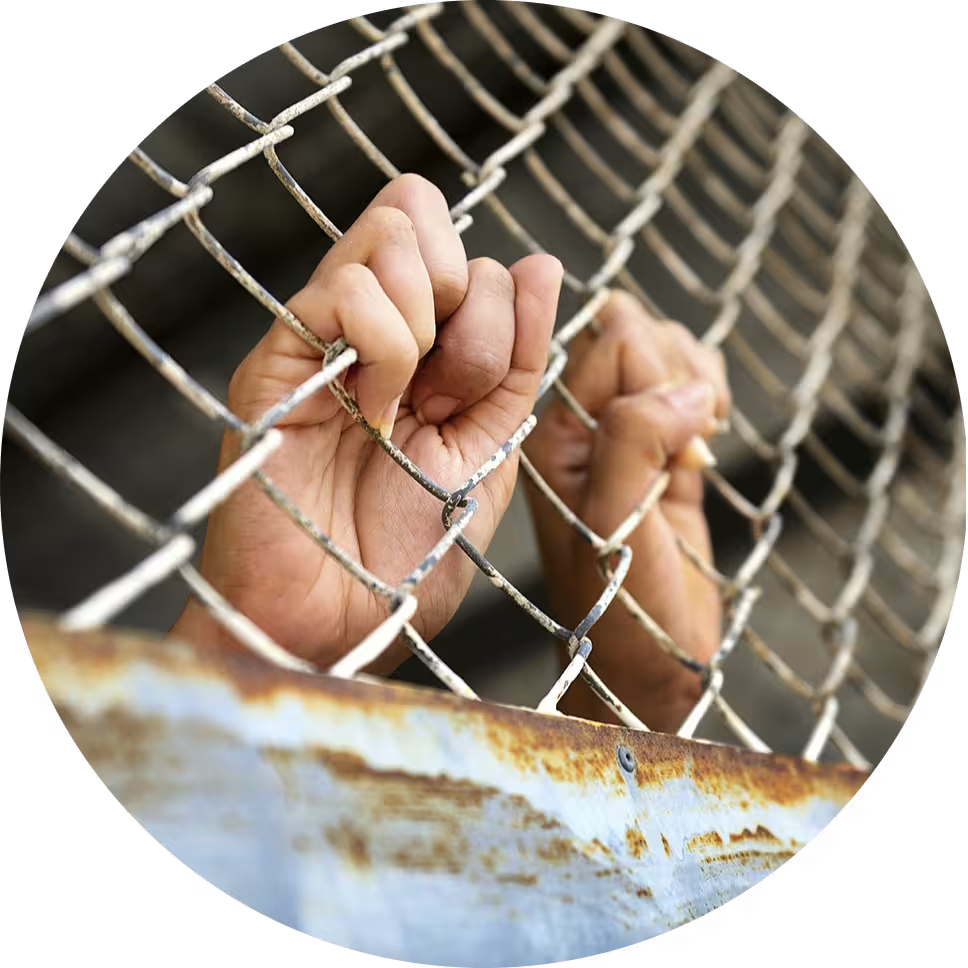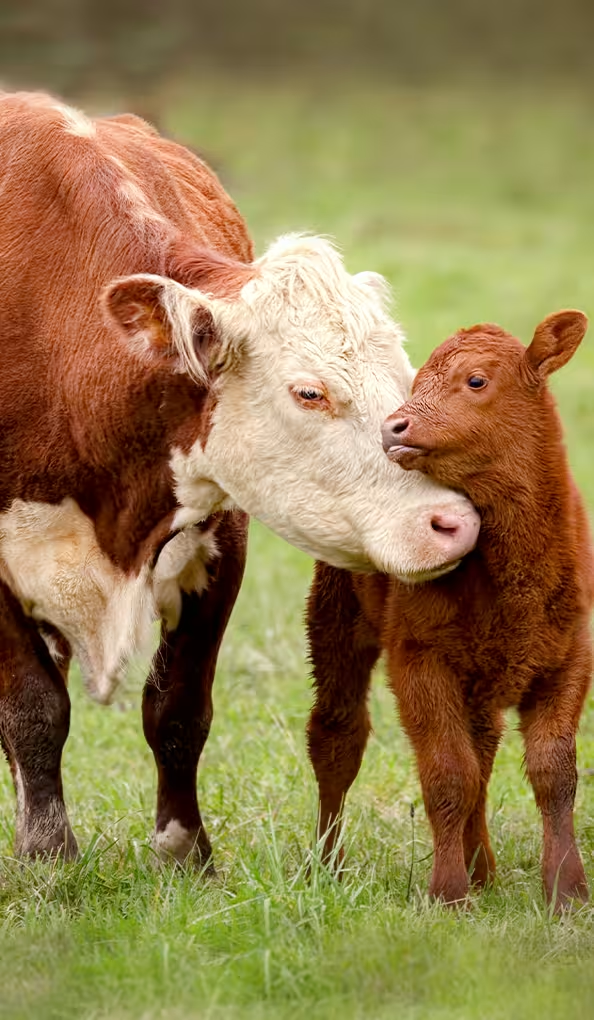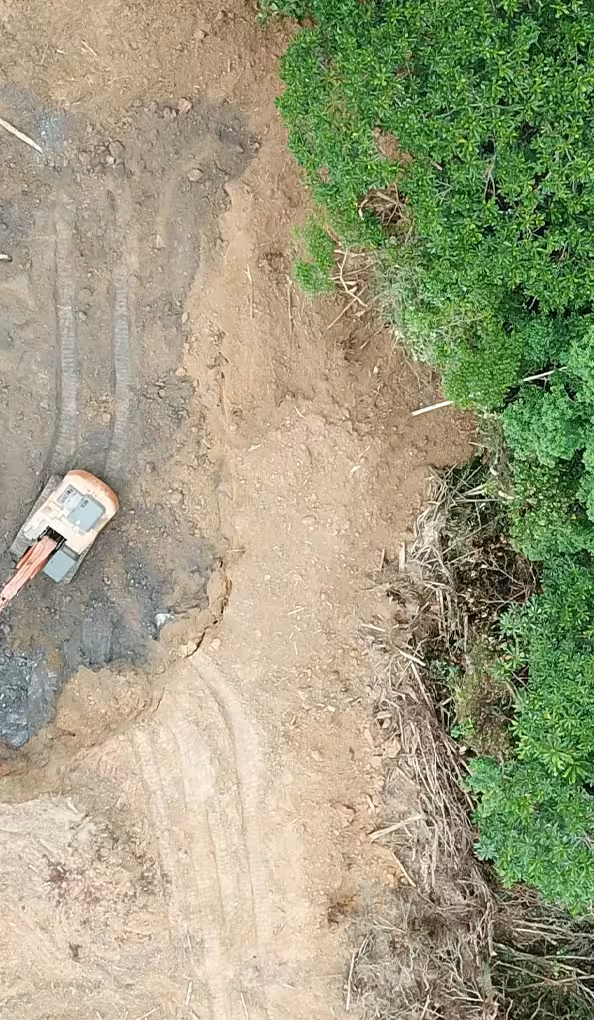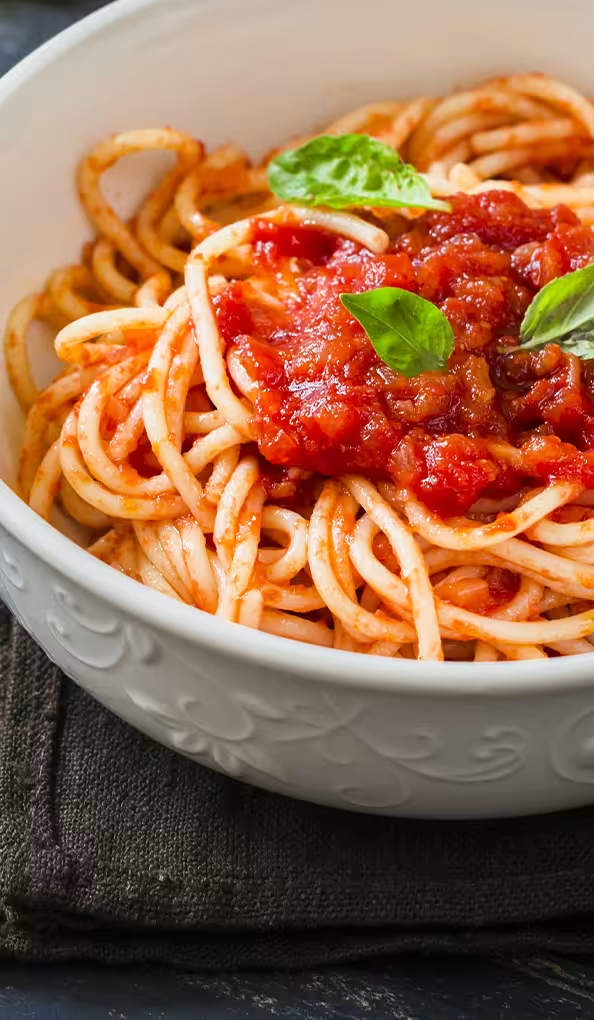How Eating Veg Helps People
How we eat is another way we can speak up for human rights.
Animal-based industries often exploit the most vulnerable among us and deepen injustice in our society. Eating plant-based is taking a step toward a kinder world.

Human slavery
Behind our consumption of animals lies myriad human rights abuses—including slave labor. Much of the fish killed to serve our diet in the United States come from Southeast Asia where journalists have extensively documented some of the worst forms of modern human slavery. Victims report being whipped with animal parts, deprived of food and water, and forced to work for years without pay.

Worker exploitation
Factory farms and slaughterhouses tend to employ a large number of workers from marginalized communities. Slaughterhouse workers, in particular, are predominantly people of color living in low-income communities, and a significant number are undocumented immigrants. Poverty and fear of deportation make them vulnerable to exploitation and to be treated as if they are disposable. Threats of termination or, in many cases, deportation, discourage workers from reporting safety concerns, injuries, illness, animal abuse, and other serious issues.
*Photo: USDA *
Health and safety hazards
Slaughterhouse workers must perform repetitive motions for hours on end, wield industrial saws and sharp knives, and confront the violence of turning thousands of terrified animals into carcasses each day at a break-neck speed. The Food Chain Workers Alliance reports that 65 percent of meatpacking and food processing workers often experience injuries ranging from lacerations to the loss of limbs.
Photo: Alf Ribeiro/Shutterstock.com
Environmental refugees
Heavy meat consumption in wealthier, advanced economies, contributes to climate change and its attendant consequences of droughts, rising sea levels, flooding, and more—with disproportionate impact on emerging markets. It’s been estimated that by 2050, one in every 45 people will be displaced due to climate change. Photo: Ccpixx Photography/Shutterstock.com

Discriminatory pollution
Factory farms bring stench and pollution to their neighbors, depressing property values and destroying rural communities. Instead of good jobs, they bring pest infestations and cesspools of waste, destroying the quality of life in their neighborhoods. It is often those in agricultural and poorer communities who are left with no choice but to continue living near factory farms.
*Photo: Jo-Anne McArthur/We Animals
Animal agriculture is fundamentally predisposed to deepen injustice in our society
Its cruelty to animals, worker exploitation, and environmental degradation all play a part in this unjust system. We can all speak up for social justice three times a day by leaving animals off our plates. Every plant-based meal is a vote against injustice in the abusive meat, dairy, and egg industries.









